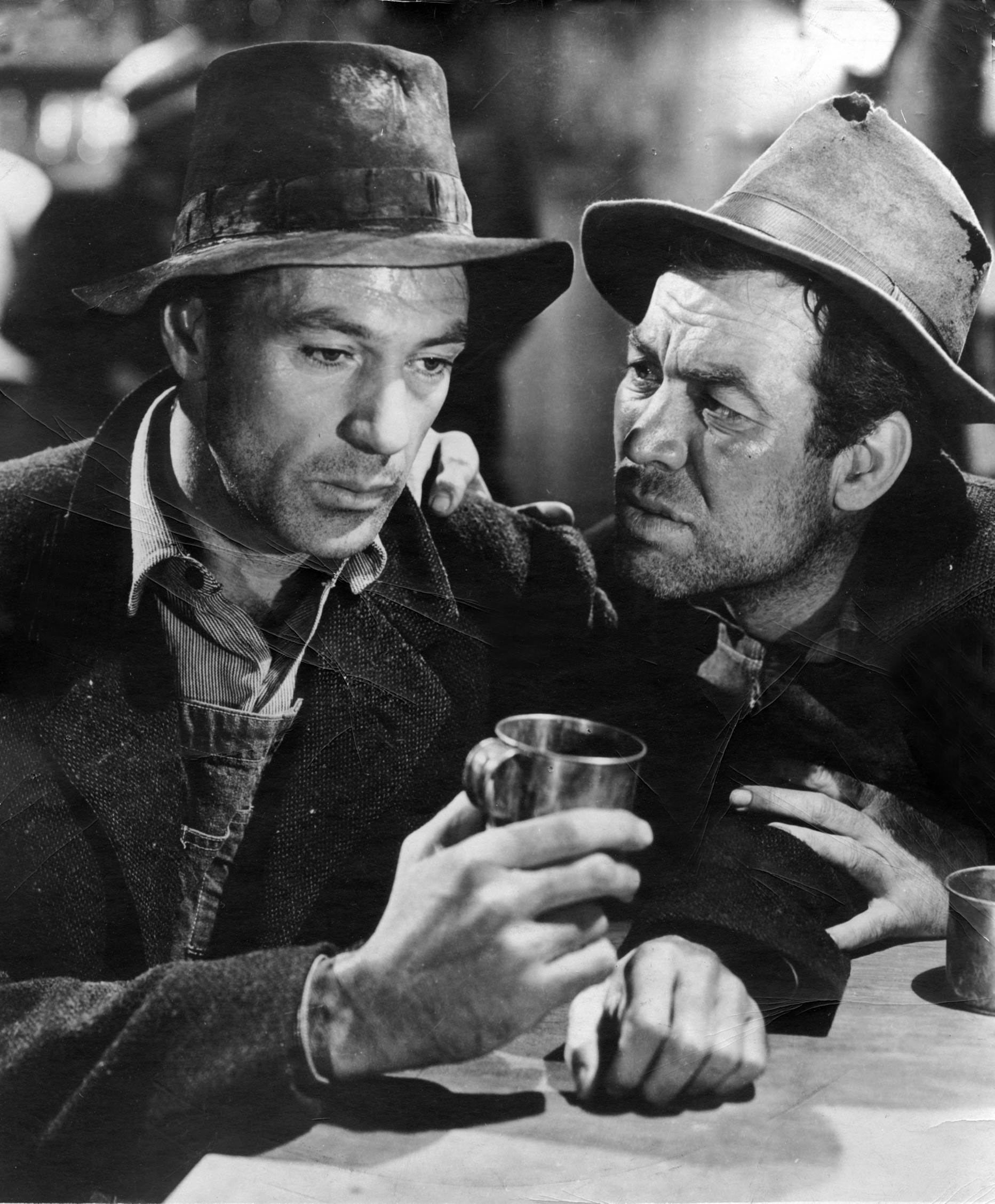Richly Rewarding
Sergeant York (1941) poses a problem for film scholars. Immensely popular at the time of its release, the movie doesn’t quite fit into director Howard Hawks’ canon. Hawks didn’t have much leeway with the story, which was based on the true-life events of the best known and highest decorated hero of World War I. Released less than six months before the Pearl Harbor attack, Sergeant York addresses the mixed feelings in the U.S. about entering World War II.
One issue for some film scholars, who sometimes cite this as one of Hawks’ least successful efforts, is the fact that its themes are so clearly telegraphed to the audience. Even if you accept the notion that it isn’t a true-blue Hawks film, there was little else Hawks could do, given that his audience already knew York’s story so well. The element of surprise is gone, and any drama that might arise from York’s momentous decision is muted by the inevitable outcome. As a result, the film feels more conventional than Hawks’ other films, which delight us in their unexpected twists and turns, as the characters and story move in and out of Hollywood norms.
While we gain a better understanding of Hawks by seeing the common threads woven throughout his films, it can be equally instructive to see how he handles material that’s somewhat at odds with his usual style of working. Sergeant York isn’t an archetypal Hawks film. It is, however, richly rewarding when judged on its own merits.
The first part of the movie shows an economy of words and gestures that speak volumes about the inner lives of the isolated mountain community. The disparity between the rural and battlefield portions of the film was noted in contemporary reviews. Here’s what Bosley Crowther had to say in his July 3, 1941 review from The New York Times:
That is all there is to the story, but in the telling of it — of the first part, anyhow — the picture has all the flavor of true Americana, the blunt and homely humor of backwoodsmen and the raw integrity peculiar to simple folk. This phase of the picture is rich. The manner in which York is persuaded to join the fighting forces and the scenes of actual combat betray an unfortunate artificiality, however — in the battle scenes, especially; and the overly glamorized ending, in which York returns to a spotless little farm, jars sharply with the naturalness which has gone before. The suggestion of deliberate propaganda is readily detected here.
Even though Hawks was constrained by the characters and plot (Alvin York was still alive at the time), this is very much a Hawks film. York’s Tennessee mountain community parallels the isolated groups in Only Angels Have Wings (1939), His Girl Friday (1940), Ball of Fire (1941), and The Thing from Another World (1951). Religious principle versus patriotic duty becomes the Hawksian conflict that potentially separates York from his community and ultimately allows him to re-assert his individuality within the group.
Sergeant York
(1941; directed by Howard Hawks)
Warner Home Video (DVD)
Saturday, May 24 at 9:45 a.m. eastern on Turner Classic Movies
Reviews